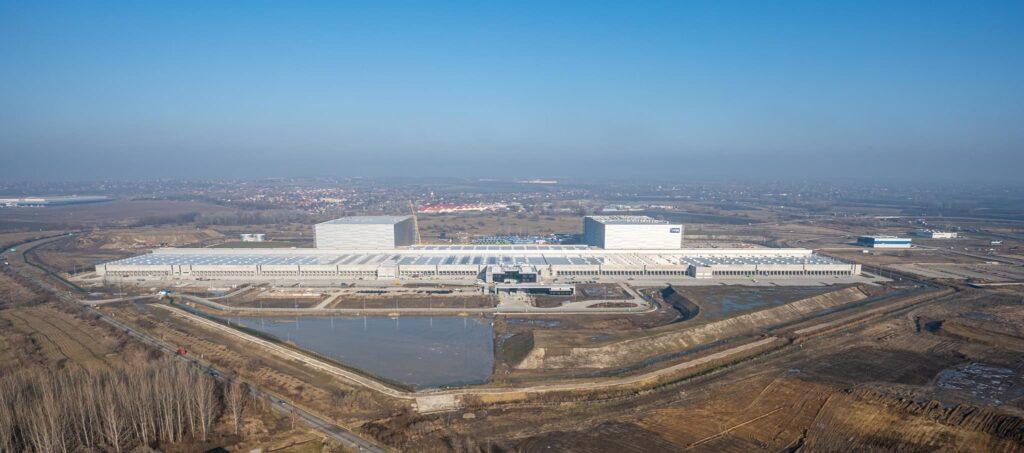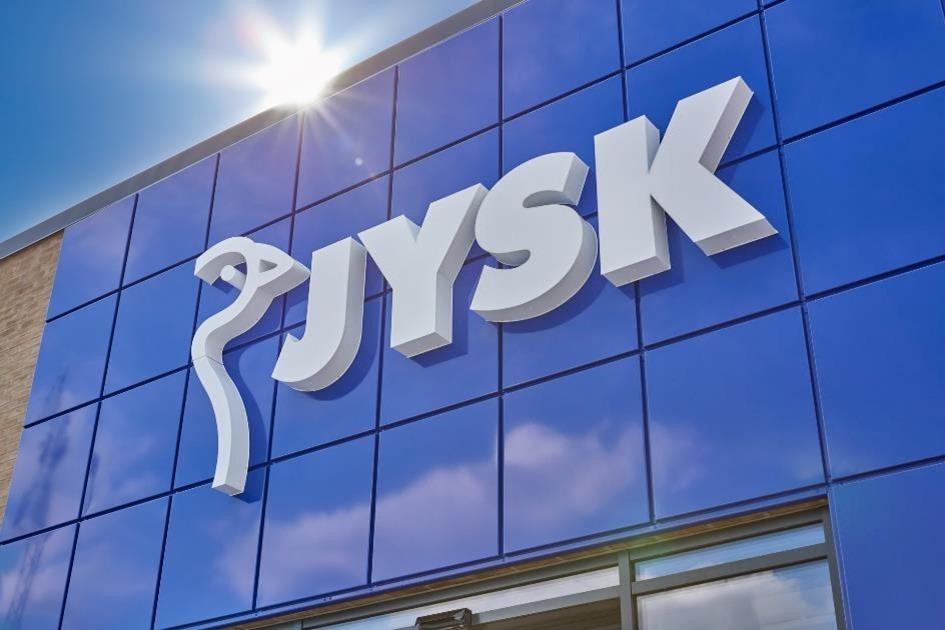JYSK’s Sustainability Strategy: Innovations and Green Solutions for Environmental Protection
JYSK’s sustainability efforts set a strong example for the modern retail sector, particularly in environmental protection and corporate social responsibility. The Danish-rooted company aims to reduce its absolute carbon emissions by 50.4% by 2032, compared to 2022. This ambitious goal has been approved by the Science Based Targets Initiative (SBTi), underscoring JYSK’s commitment to working according to global standards in combating climate change.
Reducing Carbon Emissions and Supplier Collaboration
Approximately 93% of JYSK’s total carbon emissions stem from products and services purchased from its suppliers. Therefore, it is crucial that these partners also measure and reduce their own emissions. To this end, JYSK requires its suppliers to have their sustainability targets verified by SBTi by the end of 2028. This step ensures that JYSK not only addresses its own emissions but also encourages reductions throughout its value chain. This close collaboration is essential for meeting the company’s climate goals and reinforcing its leadership in sustainability initiatives.
Sustainable Measures in Manufacturing
JYSK has introduced numerous innovative practices in its manufacturing processes to reduce environmental impact. For instance, it has removed decorative aluminum elements from popular garden chairs, saving 22 tons of aluminum annually. This significant move showcases the company’s dedication to more sustainable production methods without compromising product quality. Additionally, JYSK’s new packaging method for duvets, using FSC-certified cardboard bands, allows for more compact shipping, saving over 40 containers per year.

Sustainable Packaging and Raw Materials
JYSK pays special attention to making its packaging sustainable and minimizing material use. In recent years, the company replaced plastic packaging for bed linens with cardboard, avoiding 27 million plastic bags and approximately 475 tons of plastic annually. JYSK has been a member of the Forest Stewardship Council (FSC) since 2006 and aims for all wooden, paper, and cardboard products to have FSC certification by the end of 2024. To further reduce the environmental impact of cotton production, JYSK is committed to sourcing all cotton for its textile products from sustainable sources by the end of 2024.
Green Solutions in the Supply Chain and Distribution Centers
The regional distribution center in Ecser, Hungary, plays a pivotal role in JYSK’s sustainability strategy. This center helps save around 4.5 million kilometers of road transport annually, which translates to a reduction of approximately 3,600 tons of CO2 emissions. The facility features a large rooftop solar panel installation, supplying a significant portion of its energy needs. The center also incorporates modern solutions such as solar collectors, heat pumps, and electric forklifts, as well as charging stations for electric vehicles for employees and visitors. These measures align with JYSK’s sustainability goals and set an example for other companies.

Future Plans and Goals
JYSK is committed to continuing the integration of sustainable solutions into its operations, including the use of renewable energy sources, energy-efficient heating and cooling systems, and reducing transport-related emissions. The company’s aim is for sustainability to be more than just a slogan; it should be an inherent part of daily operations. With this approach, JYSK not only meets customer and societal expectations but also actively contributes to building a more sustainable future.
These initiatives enable JYSK to play a defining role in eco-conscious retail and provide a positive model that can inspire other businesses and organizations to advance sustainability.
Related news
Bonduelle achieves B Corp™ certification worldwide
🎧 Hallgasd a cikket: Lejátszás Szünet Folytatás Leállítás Nyelv: Auto…
Read more >Essity in EU flagship project PROTEUS to develop bio-based super absorbents from algae
🎧 Hallgasd a cikket: Lejátszás Szünet Folytatás Leállítás Nyelv: Auto…
Read more >Related news
Italy is the guest country at the SIRHA Budapest 2026 trade fair
🎧 Hallgasd a cikket: Lejátszás Szünet Folytatás Leállítás Nyelv: Auto…
Read more >Renewal at Szarvasi Mozzarella – the company’s commercial activities have been strengthened under the leadership of Máté Besenczy
🎧 Hallgasd a cikket: Lejátszás Szünet Folytatás Leállítás Nyelv: Auto…
Read more >








